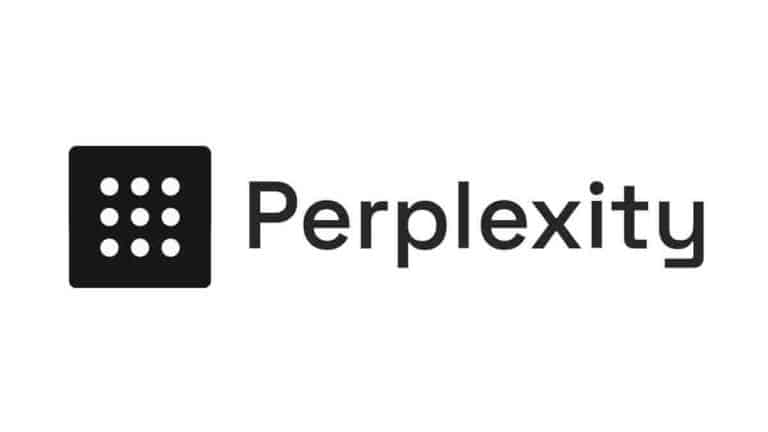A knowledge-based system (KBS) is an AI system that attempts to capture human experts’ knowledge to aid decision-making. The Object Management Group (OMG), an international technology standards group, recently released beta version 1.0 of its Application Programming Interfaces for Knowledge Platforms specification. A consistent interface between client applications, knowledge resources, and platforms such as editing tools or repositories and analytic engines is outlined in the new API. As per the experts, developers will be able to integrate KBS into enterprise architecture, ensuring that business plans are effectively defined through technology.
Benefits of KBS
KBS provides various advantages over traditional computer-based information systems. They provide good documentation while intelligently managing enormous amounts of unstructured data. Rule-based expert systems were the first KBS. A KBS can assist users in making better decisions by allowing them to operate at higher levels of knowledge, productivity, and consistency. Similarly, KBS is also valuable when knowledge is unavailable or when data must be effectively saved for future use. It also provides a single platform for large-scale knowledge integration. Finally, by utilising the stored data, a KBS is capable of generating new knowledge.
Components of KBS
- Knowledge Base: The accumulation, transfer, and translation of problem-solving skills from experts and/or documented knowledge sources to a computer programme to develop or increase the knowledge base is known as knowledge acquisition.
- Inference Engine: It functions as an interpreter, analysing and processing rules. It performs the duty of matching antecedents from user replies and firing rules.
- Knowledge acquisition: The accumulation, transfer, and translation of problem-solving skills from experts and/or documented knowledge sources to a computer programme for the purpose of developing or increasing the knowledge base is known as knowledge acquisition.
- Explanation Facility: It’s a subsystem that describes what’s going on in the system.
- User interface: It’s a way for the user to communicate with us.
An Inference Engine’s Roles
An inference engine is used as the reasoning system in KBS. In many ways, inference engines were the originators of current personal computing since they provided access to expert knowledge and problem solutions. In order to analyse and process new data, inference engines give logical rules based on existing knowledge bases. These engines can handle large amounts of data in real-time, giving users access to the most up-to-date data. Inference engines can be used to categorise data or to update data as it is analysed. SL5 Object and CLIPS are the most widely used technologies for constructing KBS.
Likewise, the OMG Application Programming Interfaces provide a uniform abstraction layer for developers to simplify knowledge artefact access, manipulation, and assembly, as well as their deployment and processing utilising analytics. It allows developers to design knowledge graphs and incorporate them into larger AI-driven enterprise applications. Rather than replacing existing knowledge-related standards, the specification complements and connects them. KBS can be used in a variety of situations. This OMG API, in particular, might be a KBS initiative. More notable achievements in KBS will be brought by Indian scholars and startups soon. Many more will be released in the near future.



















































































